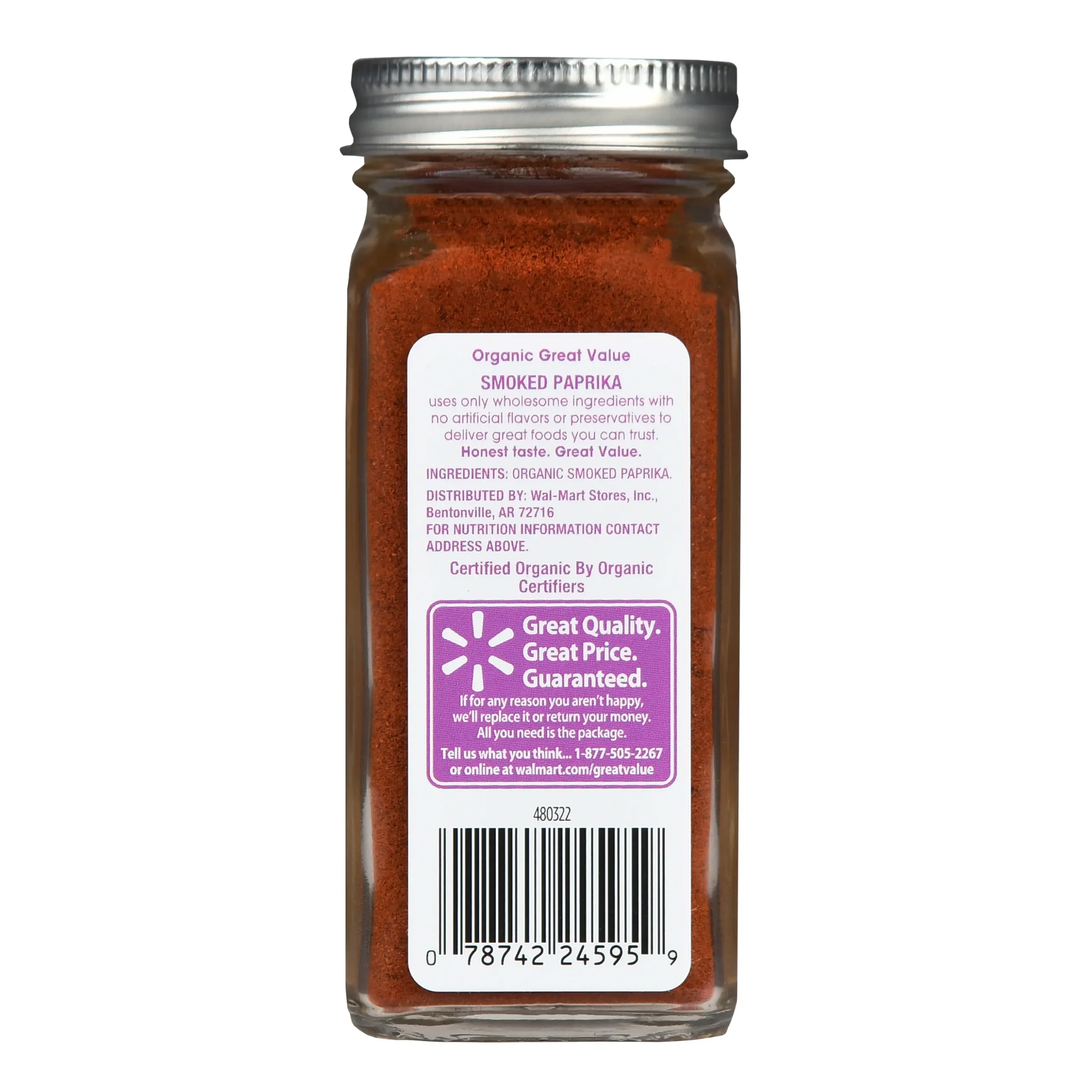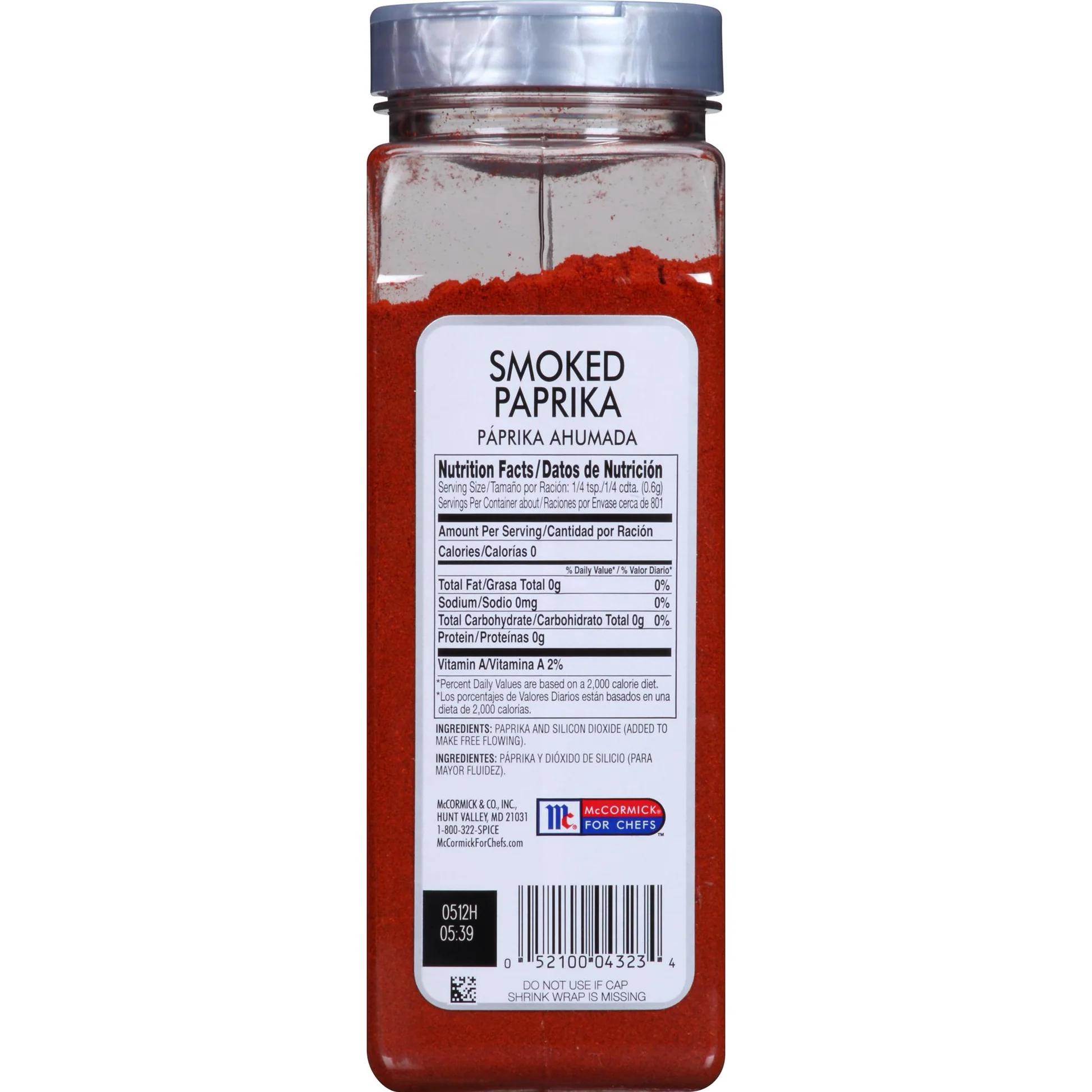Smoked paprika, also known as pimentón, is a versatile spice that adds a rich and smoky flavor to a wide range of dishes. It is made from dried and ground peppers, which are then smoked to enhance the taste and aroma. In this article, we will delve into the various ingredients used in smoked paprika and explore its origins.
What is Smoked Paprika?
Smoked paprika is a spice made from dried and ground peppers, typically from the Capsicum annuum family. The peppers used can vary, but the most common types include pimiento peppers, bell peppers, and chili peppers. These peppers are first dried and then ground into a fine powder.
The unique characteristic of smoked paprika lies in the smoking process. After drying, the peppers are smoked over a wood fire, which infuses them with a distinct smoky flavor. The length of the smoking process can vary, resulting in different intensities of smokiness in the final product.
Ingredients in Smoked Paprika
The ingredients in smoked paprika are relatively simple and natural. They typically include:

- Dried peppers
- Wood smoke
The specific types of peppers used can vary depending on the brand and region. Some may opt for pimiento peppers, which are known for their sweet flavor, while others may use chili peppers for a spicier kick. The choice of wood for smoking can also influence the flavor profile of the paprika, with varieties such as oak, hickory, and mesquite commonly used.
Origins of Smoked Paprika
Smoked paprika has its roots in Spain, where it is known as pimentón. The region of La Vera in Extremadura, Spain, is particularly renowned for its production of smoked paprika. The peppers used are grown in the fertile soil of the area and are carefully selected for their quality.
The smoking process in La Vera is traditionally done using oak wood, which imparts a deep and robust smoky flavor to the paprika. The peppers are dried under the sun before being smoked, allowing them to develop their signature taste.
Over time, smoked paprika has gained popularity beyond Spain and is now used in various cuisines around the world. It adds a distinct flavor to dishes, ranging from traditional Spanish recipes to international favorites like barbecue rubs and marinades.
about Smoked Paprika Ingredients
Is smoked paprika salt?
No, smoked paprika is not salt. It is a spice made from dried and ground peppers that have been smoked to enhance their flavor. It does not contain salt unless specified on the packaging.
Can I use regular paprika instead of smoked paprika?
While regular paprika can be used as a substitute for smoked paprika, it will not provide the same smoky flavor. Smoked paprika adds a unique and distinct taste to dishes, so it is worth seeking out if you want to achieve that smoky profile.
Are there different varieties of smoked paprika?
Yes, there are different varieties of smoked paprika available. The intensity of smokiness can vary depending on the length of the smoking process. Additionally, some brands may use different types of peppers or woods, resulting in variations in flavor.
In Conclusion
Smoked paprika is a flavorful spice that adds a smoky twist to dishes. Made from dried and ground peppers that are smoked over wood fire, it offers a unique taste profile. The specific ingredients used in smoked paprika can vary, but they typically include dried peppers and wood smoke. Its origins can be traced back to Spain, particularly the region of La Vera. Smoked paprika has gained popularity worldwide and is now a staple in many kitchens. So, next time you want to add a smoky kick to your dishes, reach for some smoked paprika!
If you want to know other articles similar to Discover the flavors and origins of smoked paprika: a guide you can visit the Spices category.


Related Articles